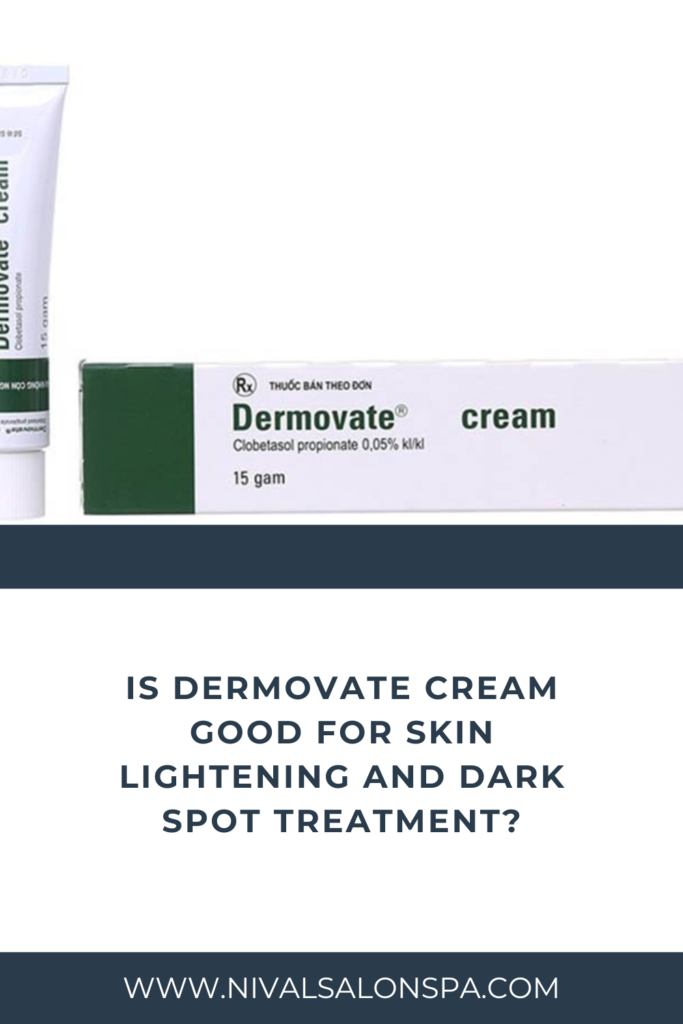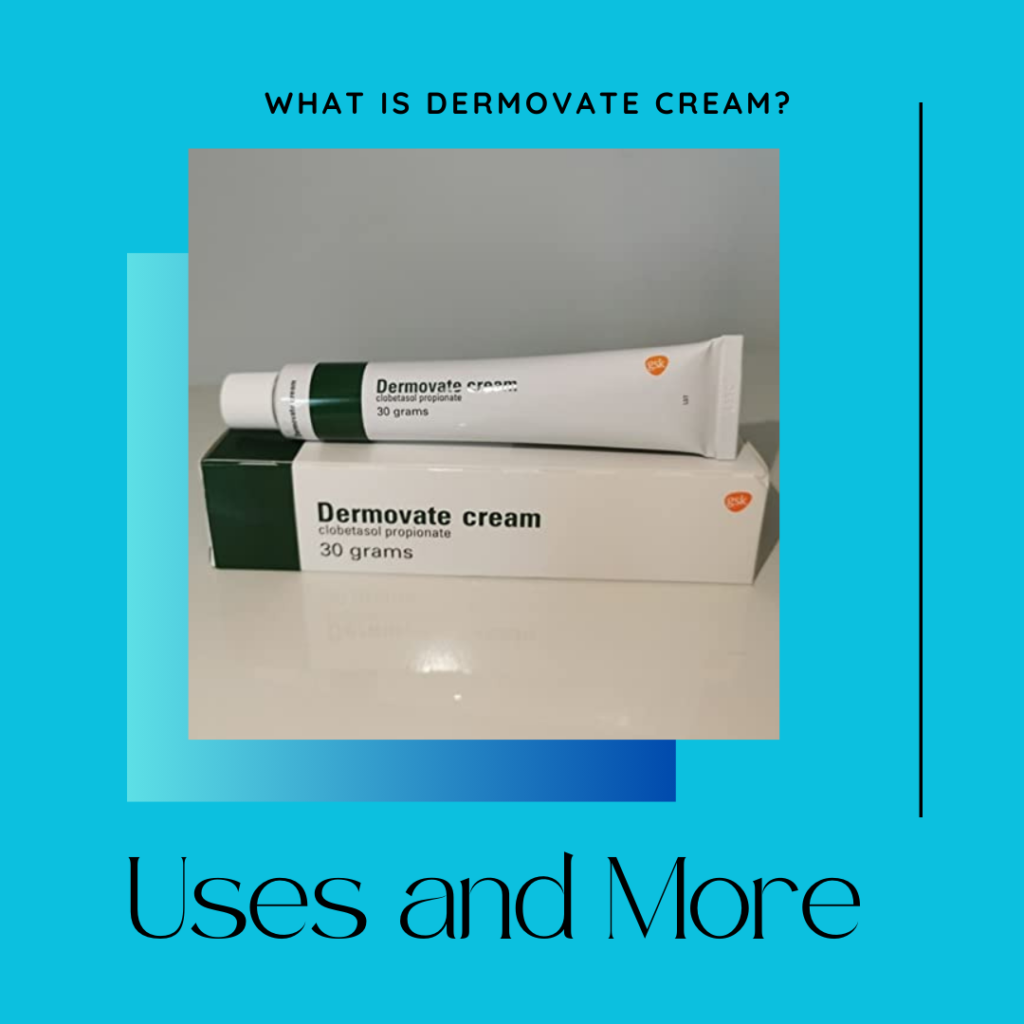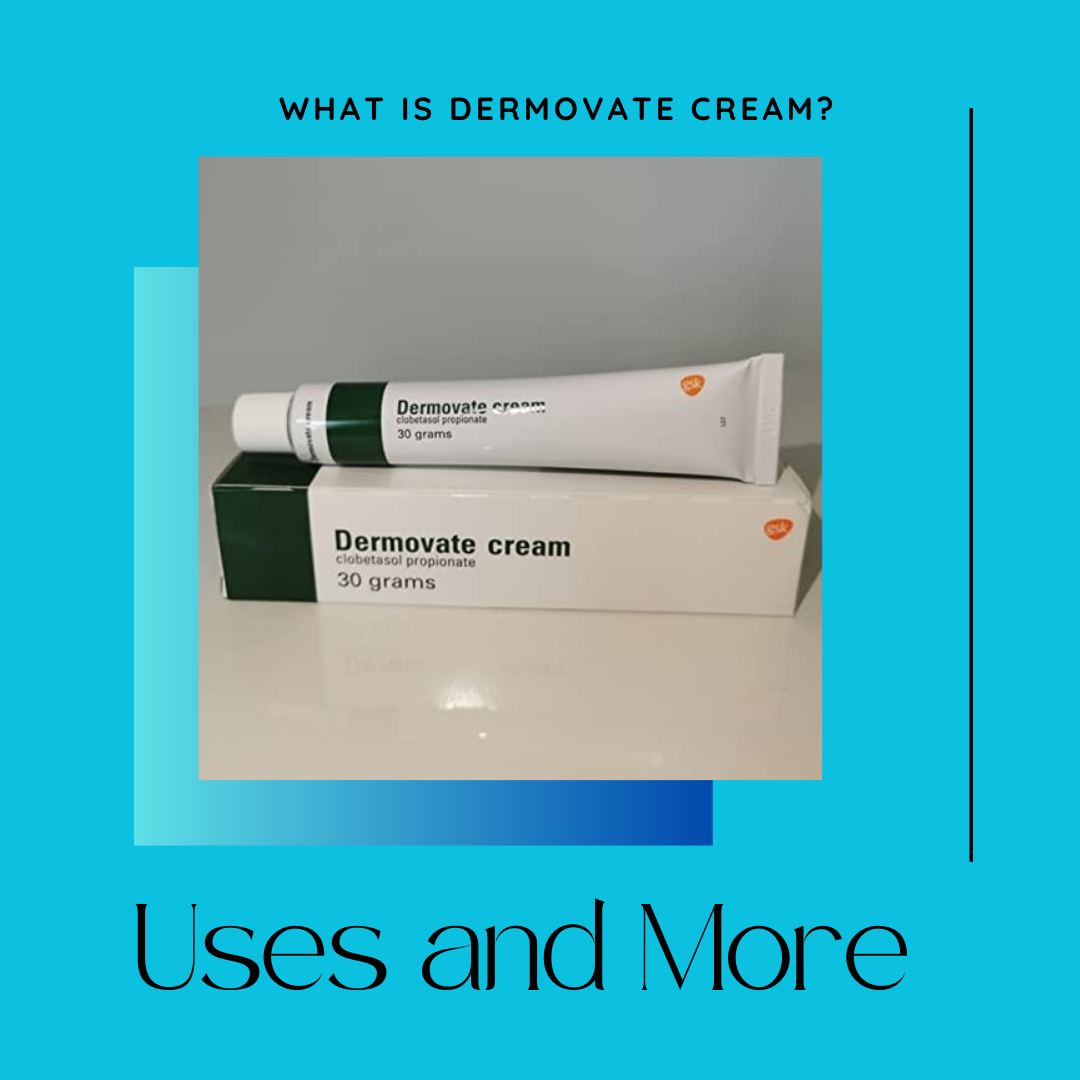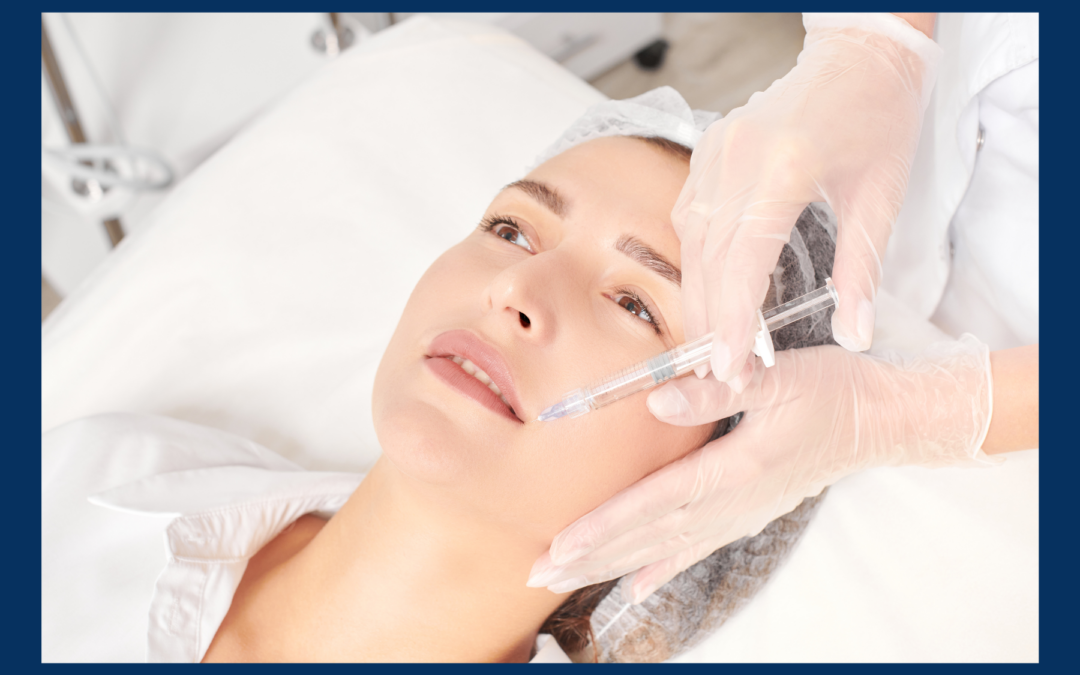What is Dermovate Cream?
Dermovate cream is a topical corticosteroid medication used to treat various skin conditions like eczema, psoriasis and dermatitis.
It contains the active ingredient clobetasol propionate which is a very potent steroid.

How Can Dermovate Cream Lighten Skin?
When used appropriately under a dermatologist’s guidance, Dermovate cream can help lighten skin by inhibiting melanin production.
Melanin is the pigment that gives skin its color and it is reduced when Dermovate cream is applied to dark spots, melasma or areas of hyperpigmentation.
But, should you use Dermovate for skin lightening purposes? Considering the cream isn’t designed in any way for lightening or hyperpigmentation – no.
A better, more suitable option that gives great results is Meladerm Cream by Civant Skin Care.
ZO Skin Illuminating AOX Serum is another fantastic alternative that will give better, faster results if you’re trying to lighten up your skin or get rid of dark spots.
Key Takeaways
- Dermovate cream is a potent topical steroid that can help lighten skin when used properly, but it is NOT designed for skin lightening.
- It should only be applied thin 1-2 times daily to affected areas and helps fade dark spots, melasma, and pigmentation if used consistently over time.
- Always consult a dermatologist before using Dermovate cream for skin lightening to ensure it is safe for your skin type and condition.
Safe Use and Application
Dermovate cream should only be applied sparingly as a thin layer 1-2 times per day using clean fingertips. It is best applied at nighttime after cleansing.
Always check with a dermatologist regarding safe use and be aware of potential side effects with prolonged use like skin thinning.
Potential Side Effects
Side effects may include skin irritation, redness, streaking or worsening of pigmentation if used incorrectly. Stop use and consult a doctor if side effects occur.
Long-term use can cause skin atrophy (thinning) so it is not suitable for prolonged or widespread application.
Alternative Treatment Options
Other topical ingredients like hydroquinone, kojic acid, azelaic acid, licorice extract, niacinamide and retinoids are also commonly used to fade pigmentation when combined with sun protection.
Chemical peels, microneedling and laser treatments may provide faster results when used under a dermatologist’s care.
Using Dermovate Cream for Dark Spots and Lightening with Other Treatments
For stubborn dark spots, using Dermovate cream along with an antioxidant serum containing vitamin C, E or ferulic acid applied in the morning can provide holistic pigment lightening and skin protection.
Sun avoidance and use of SPF 30+ sunscreen are critical when using any active lightening ingredients.
Patience is Key
Consistent use over several weeks is required to see results with Dermovate cream or any skin lightening treatment.
Areas of pigmentation may lighten gradually. Stop use if no changes are seen after 2 months.
Safety Considerations
Dermovate cream is not suitable for long-term daily use especially on the face.
It should be strictly avoided during pregnancy and may cause skin thinning if overused.
Always get medical advice before using Dermovate cream, especially for sensitive areas like the face.

Suitable Skin Types
Dermovate cream works best for follicular hyperpigmentation, melasma and dark spots caused by environmental factors like sun exposure.
It may be less effective for skin pigmentation caused by genetic or hormonal factors. Fair or sensitive skin types require more precautions.
Provide Supportive Care
Moisturize daily to counteract dryness from Dermovate cream use.
Apply sunscreen liberally and take shade during peak sun hours.
Manage stress levels as high cortisol can worsen pigmentation.
Final Thoughts on Using Dermovate Cream for Skin Lightening
Dermovate cream is a potent topical steroid that requires proper medical guidance for skin lightening.
Used sparingly as directed, it can help reduce melanin pigmentation when other factors like sun protection and stress management are also considered.
Always consult a dermatologist to determine if it is suitable and safe for your individual skin concerns and type.
Alternative topical ingredients or medical treatments may achieve better results.


